The battle against microtransactions in gaming has been raging on for some time now, but it wasn’t until late last year that serious steps were taken against the practice. Now, that battle has claimed another victim, and it’s quite a big one: Dragonball Z Dokkan Battle.
In a reddit post by u/MasashiHideaki, a screenshot taken of a recent update reveals that various forms of microtransactions from the game has been removed following a report from the Belgian Gaming Commission which stated that certain forms of “loot boxes” would be considered as a form of gambling.
Here is an excerpt from the announcement:
“Starting today, players in Belgium are no longer entitled, and will be unable, to purchase ‘Dragon Stones,’ ‘Summon Tickets,’ or any item pack that contains those items. Belgian players will still however be able to use the ‘Summon’ feature using ‘Dragon Stone’ that is earned through gameplay or that is given out as part of in-game events.”
As indicated by the update, this is a change that only effects Belgian players, so this isn’t that significant on a global scale (for now, at least). That said, there are major ramifications for those affected. With both Dragon Stones and Summon Tickets gone from the store, certain players are now going to have a harder time getting the newest characters when they release (or just new characters in general). Meanwhile, there’s also going to be a greater need to exercise restraint when using Dragon Stones for other purposes (restoring stamina, increasing inventory space, etc.), since simply purchasing them is no longer an option.
Aside from its popularity, the reason why this event is so significant is because Dragonball Z Dokkan Battle is a gacha game.
Ever since the discussion about microtransactions started to heat up following the Star Wars Battlefront 2 debacle in November, many communities started to consider whether their gacha game of choice would eventually catch the attention of groups like the Belgian Gaming Commission. It was a reasonable concern too: the games might be free, but we’re still dealing with gambling.
Unfortunately, the situation isn’t as cut-and-dry like when looking at games such as Battlefront 2 which shouldn’t have had microtransactions to begin with (or at least not be so openly greedy about it). The gacha system in games such as Granblue Fantasy, Star Ocean: Anamnesis and Honkai Impact 3rd (I’m just listing the ones I currently play), is paradoxical in nature since these games use it as a means to generate revenue, but players don’t actually need them to be successful. In fact, it often feels like they’re there solely because the developers know certain players will spend real money regardless.
For instance, Granblue Fantasy has a feature, called Surprise Tickets, that allows players to spend ~27 USD to obtain any non-limited character of their choice at random times per year (there was one in early 2018 that offered seasonal characters too); as well as a “mercy rule,” colloquially referred to as “Sparking,” that lets players pick any character of their choice (so long as they’re part of the current banner) after rolling a certain amount of times within a set time frame.
Yet, with all the free stuff the game hands out throughout the year, many find themselves not needing to spend anything in-game (the fact that all the resources needed to spark can be earned in-game certainly helps).
Granted, even if they’re as generous as GBF, the fact still remains that gacha games still rely on gambling as a source of revenue, and that’s something that groups like the Belgian Gaming Commission will have to take a hard look at. After all, how do you address games that are f2p friendly (for the record, Dragonball Z Dokkan Battle was very much p2w) but still provide options (and some incentive) for those who want to spend money?
If Dragonball Z Dokkan Battle is any indication, then the answer would be to just remove all forms of monetization from the game, but that might not be the correct course of action in every instance.
At any rate, even if this does hit some Belgian players hard, it at least provides other mobile game developers a chance to reassess how they go about monetizing their products. I always felt GBF’s Surprise Tickets is a practice that should be adopted by more companies, and it irks me that it hasn’t yet. Hell, even establishing a marketplace where players use premium currency like in Honkai Impact 3rd would be a nice step in the right direction. It’s not the fact that players have to use real money or the advantages that come with it, it’s just that they don’t want to spend real money on something that has no real world value and deal with the very real chance of not getting it.
In the end, again, this only applies to Belgium (for now). And, certainly, games that haven’t had global releases will likely be unaffected. For everyone else, though? You best start making moves — if a game like Dragonball Z Dokkan Battle can be hit by this, then your game probably can too. And considering how microtransactions have become such a hot button topic in recent months, it probably will — in other regions too.


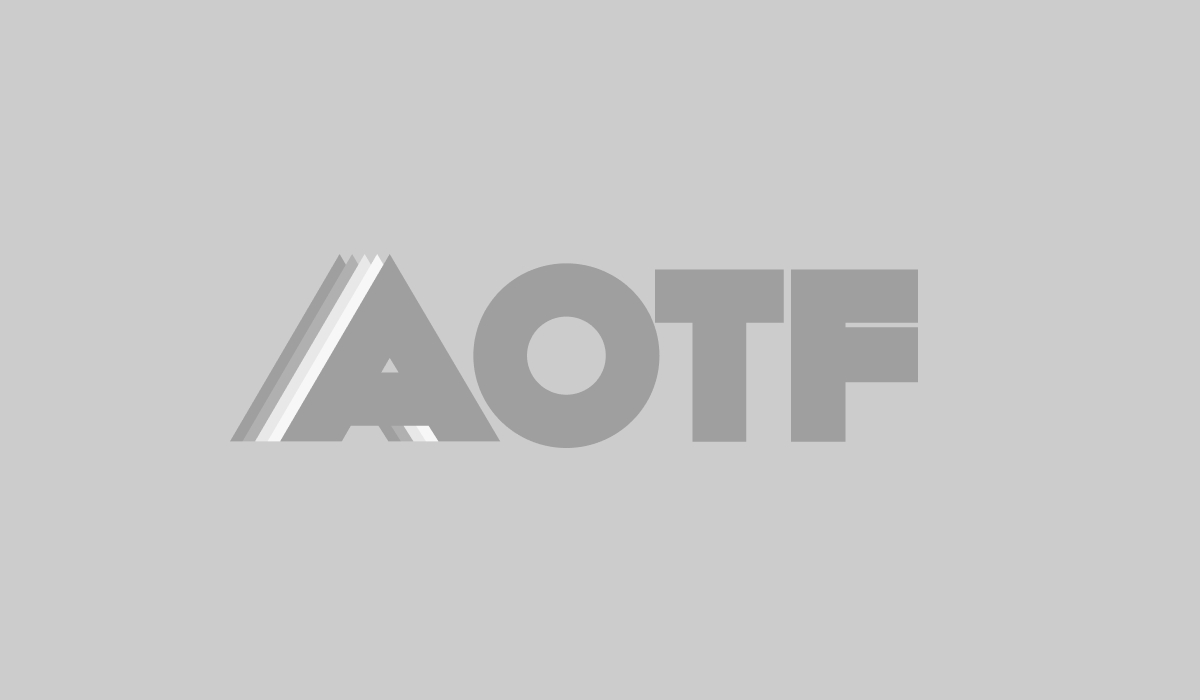
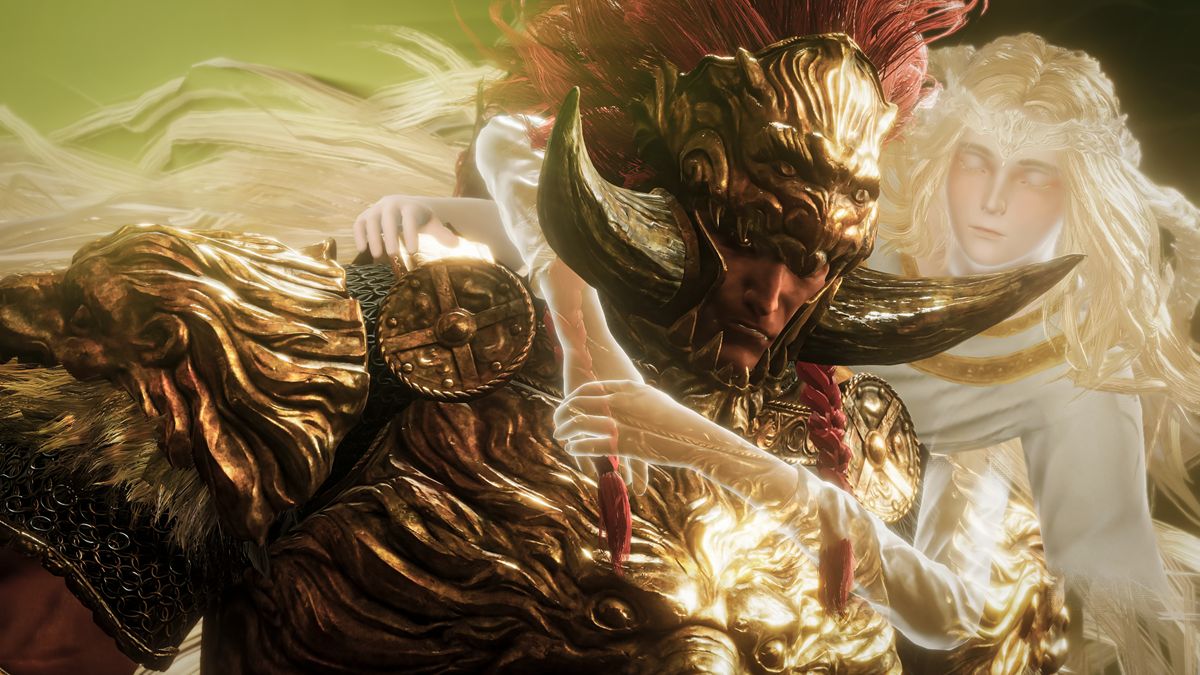
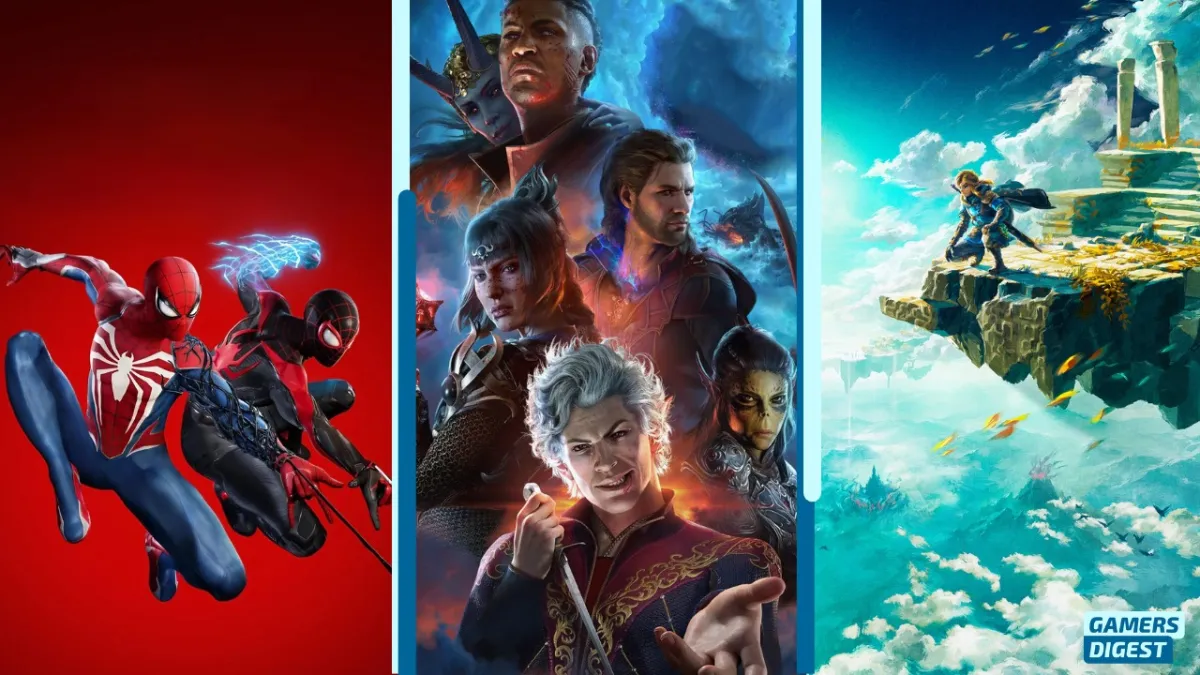
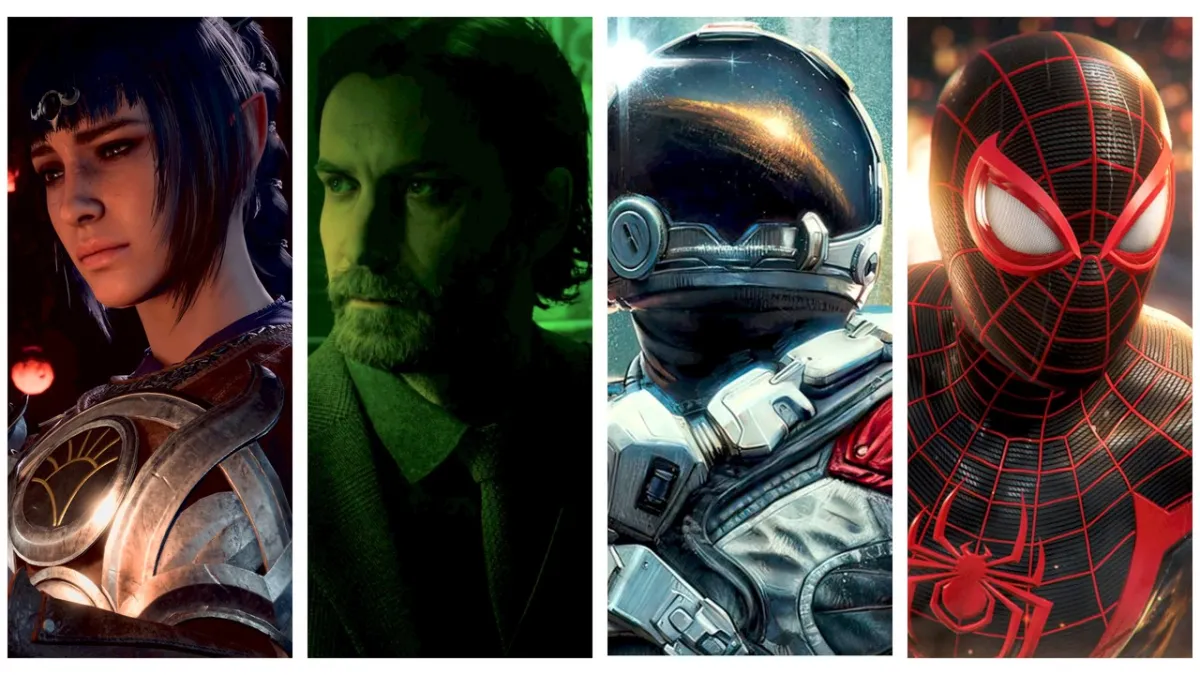
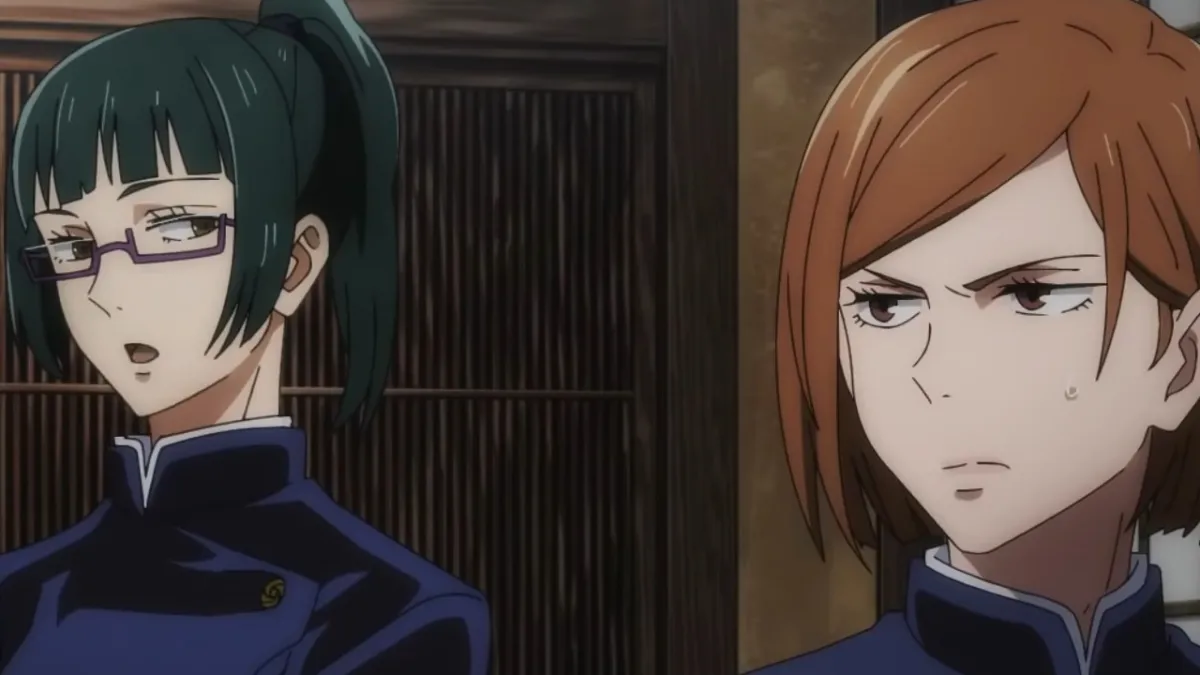
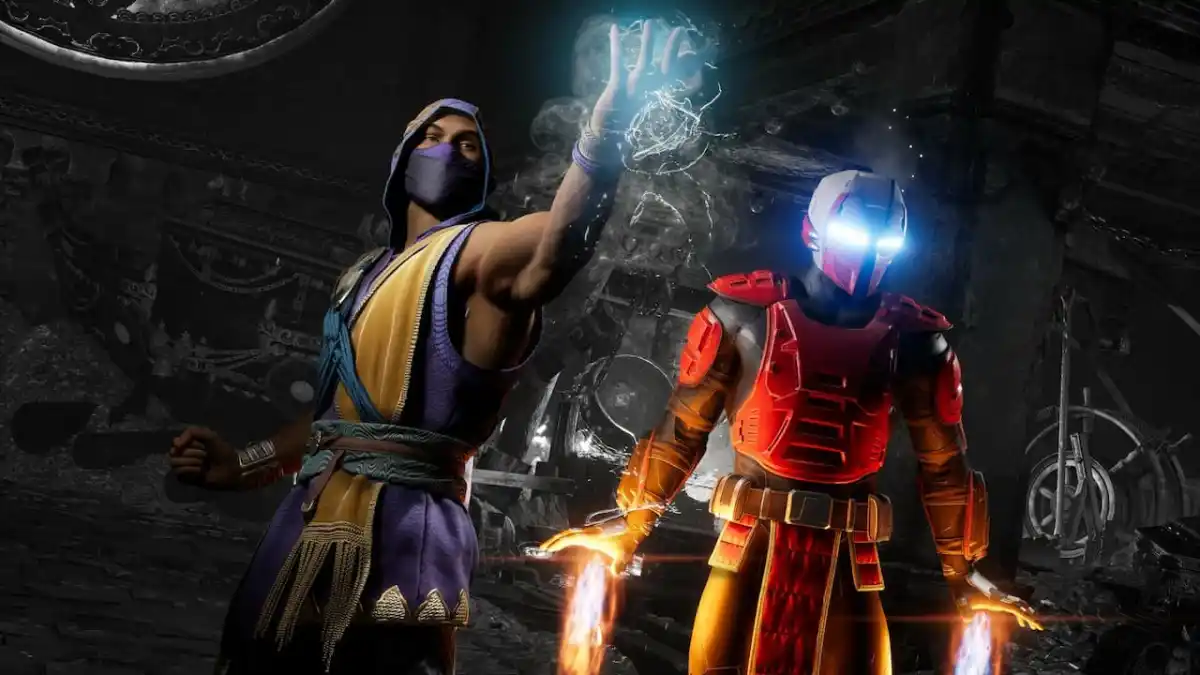
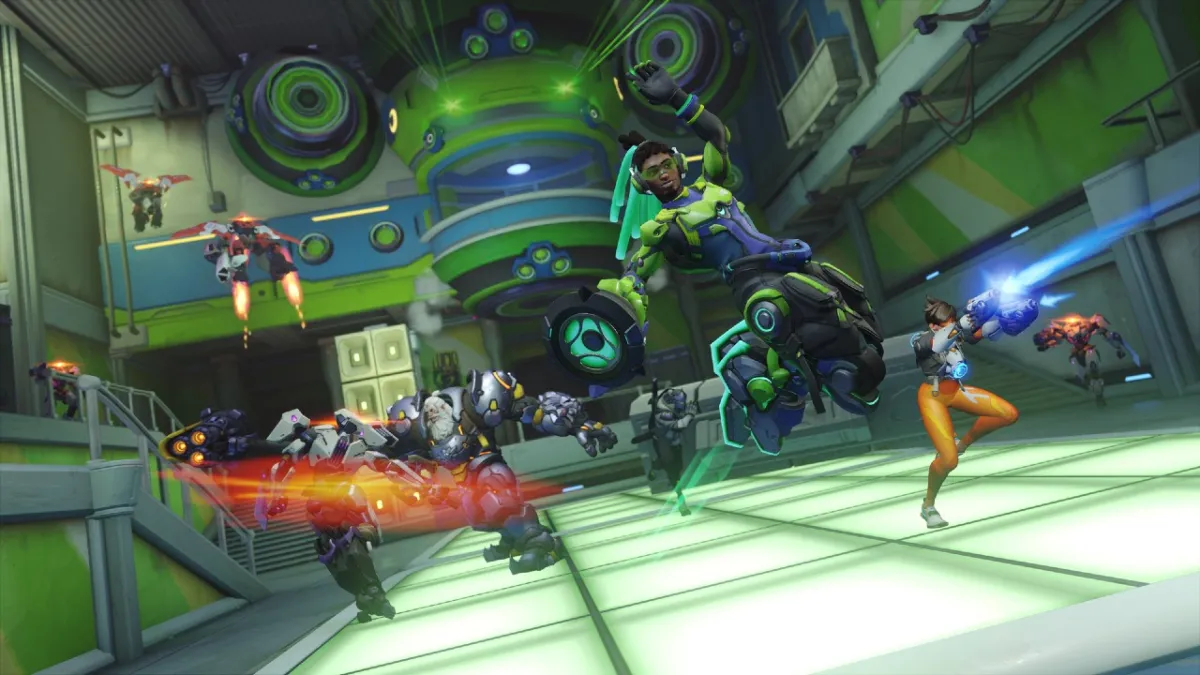

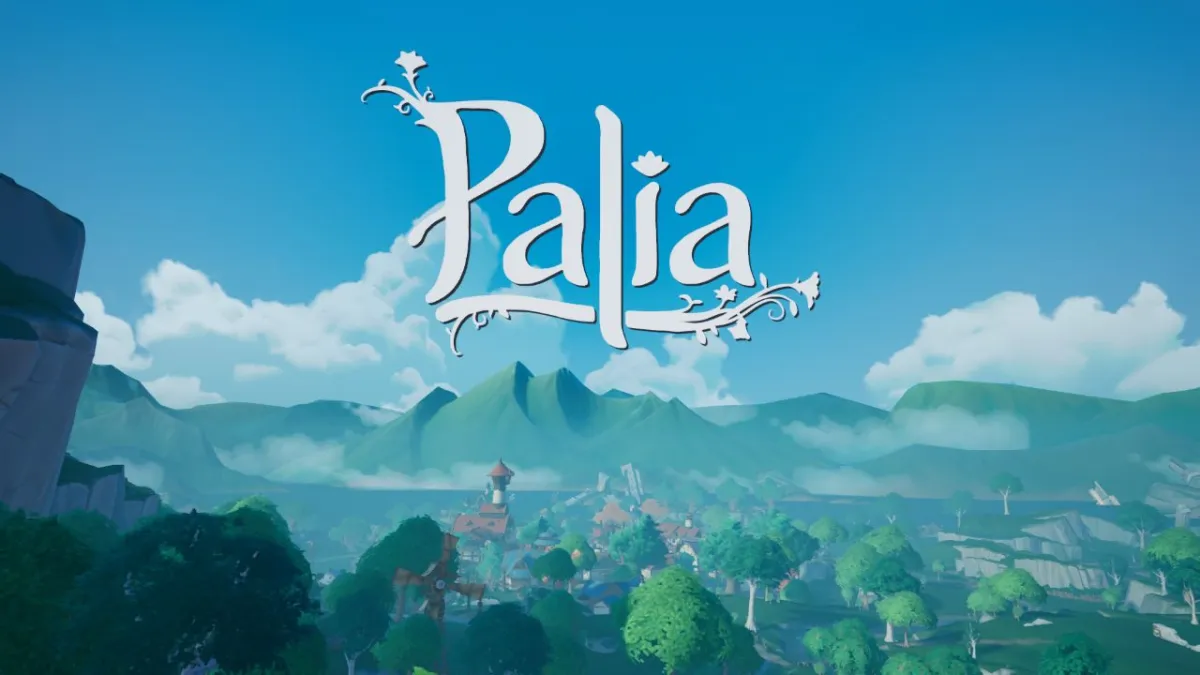
Published: Sep 20, 2018 12:49 pm